Distinguished scholars of literary terror, prepare yourselves for an intellectual odyssey through the labyrinthine corridors of cosmic dread! Howard Phillips Lovecraft stands as a towering figure in the pantheon of American letters—a visionary whose literary apparatus transcended conventional horror to forge entirely new taxonomies of existential terror.
In the grand tradition of literary archaeologists like Jacques Derrida and Michel Foucault, we shall excavate the philosophical substrata of Lovecraft's work, revealing how this Providence-born genius constructed what we might term a "metaphysical machinery of dread"—an aesthetic technology that continues to reconfigure our understanding of humanity's place in an indifferent cosmos.
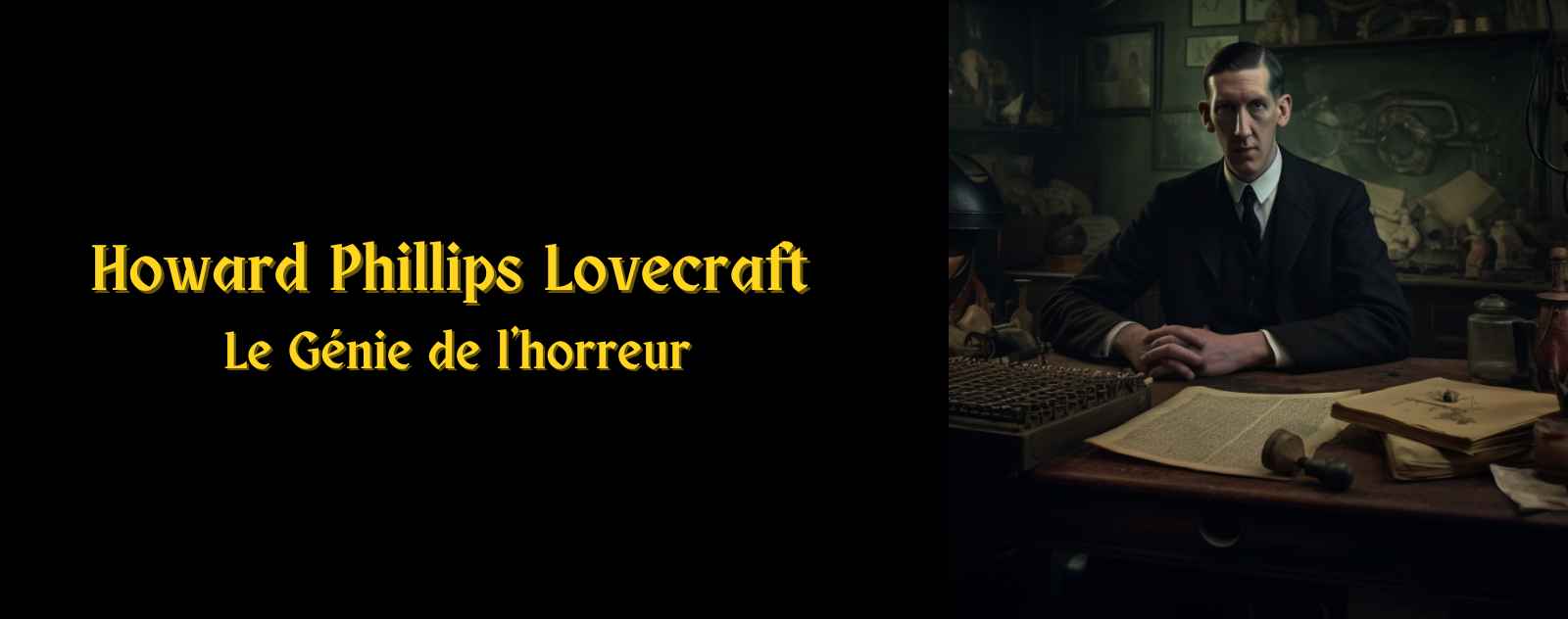
Howard Phillips Lovecraft emerges from the American literary landscape not merely as an icon of science fiction and horror, but as a profound architect of what we might call "ontological vertigo"—that peculiar literary sensation where readers confront the fundamental precariousness of human knowledge and cosmic significance.
This towering figure of twentieth-century American letters constructed narrative ecosystems that function as epistemological laboratories, spaces where traditional Gothic sensibilities collide with emerging scientific paradigms to produce entirely novel forms of aesthetic terror. Who was this extraordinary American writer whose intellectual machinery continues to captivate successive generations of readers, scholars, and cultural theorists?
The Formative Years: Constructing a Literary Consciousness
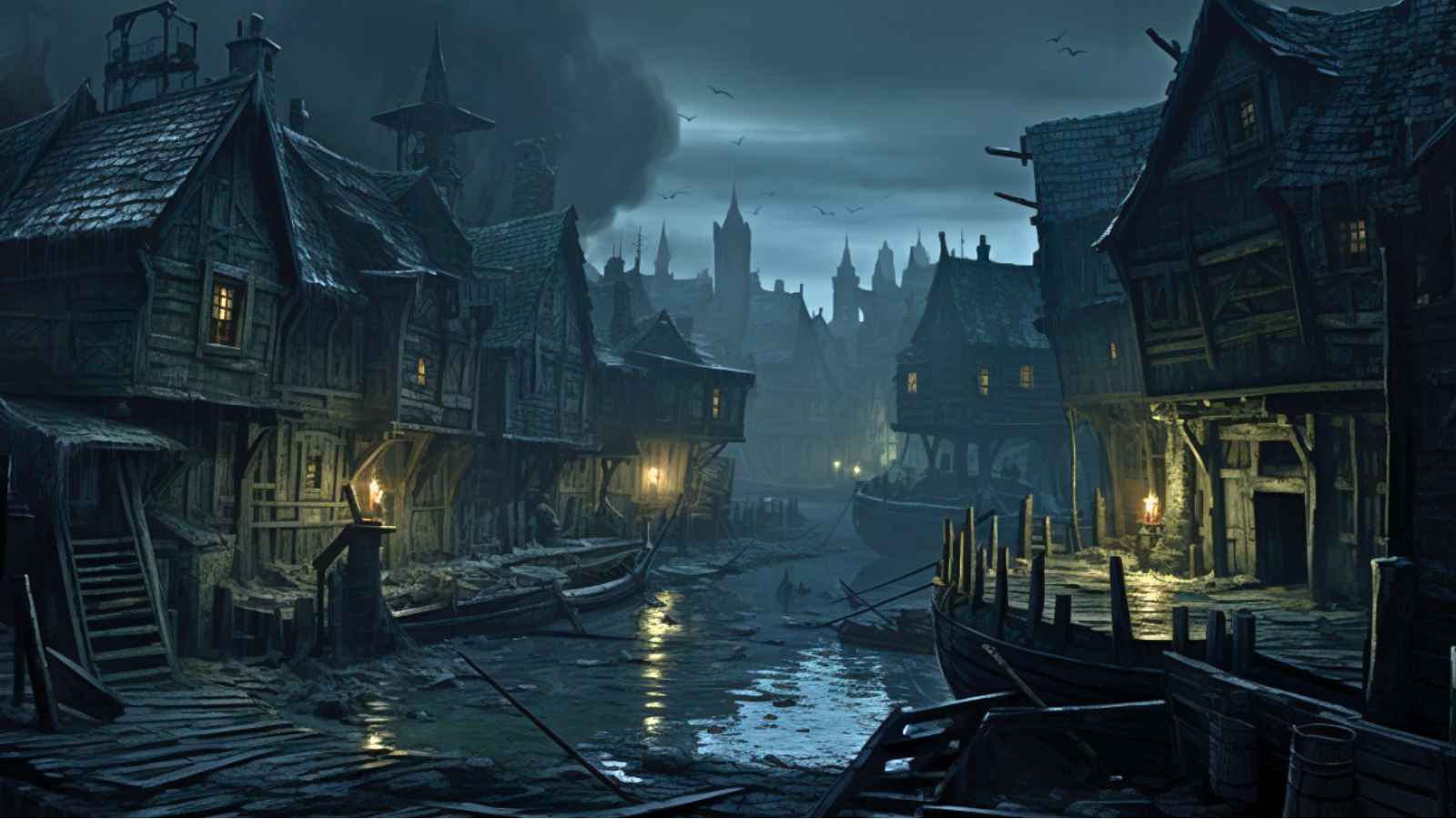
The Providence Crucible: Childhood as Intellectual Formation
Born in 1890 in Providence, Rhode Island, Howard Phillips Lovecraft's formative years constituted what we might characterize as a prolonged exercise in intellectual solitude—a condition that, far from impoverishing his imagination, served as a catalytic environment for extraordinary creative synthesis. His childhood in the United States unfolded against a backdrop of chronic health challenges that effectively isolated him from conventional peer socialization, creating what Pierre Bourdieu would recognize as a unique form of "cultural capital" accumulated through intensive solitary reading.
This period of enforced isolation became, paradoxically, the foundation for his future contributions to horror and science fiction literature. The young Lovecraft's intellectual development resembled less a traditional educational trajectory than an autodidactic laboratory where classical learning intersected with emerging scientific discourse to produce entirely original forms of speculative thinking.
The Architecture of Autodidactic Excellence
Lovecraft's educational formation represents a fascinating case study in what we might term "intellectual bricolage"—the creative recombination of diverse knowledge systems into novel conceptual frameworks. His voracious appetite for reading encompassed not merely the Gothic literary tradition and emerging science fiction, but also encompassed classical antiquity, contemporary scientific journals, and philosophical treatises.
This intellectual omnivory drew particular inspiration from canonical figures of Gothic literature, most notably the psychological architectures constructed by Edgar Allan Poe. Yet Lovecraft's genius resided not in mere imitation, but in his capacity to synthesize these influences with contemporary scientific paradigms—particularly emerging theories in astronomy, geology, and archaeology—to construct entirely new categories of literary experience.
Scholarly Note: Lovecraft's autodidactic methodology anticipates what contemporary cultural theorists like Bruno Latour would recognize as "network thinking"—the capacity to trace connections across traditionally separate domains of knowledge to produce innovative conceptual assemblages.
These foundational years established the intellectual scaffolding for what would become Lovecraft's singular contribution to American letters: the transformation of traditional Gothic sensibilities through rigorous engagement with scientific materialism, producing a literary technology capable of generating what we might call "cosmic sublime" experiences in readers.
Literary Genesis: The Emergence of a Cosmic Visionary
First Attempts at Narrative Architecture
Howard Phillips Lovecraft's initial forays into literary creation reveal a mind already grappling with the fundamental tensions that would define his mature work. His earliest stories demonstrate a precocious understanding of how science fiction and horror might function not merely as entertainment genres, but as sophisticated vehicles for philosophical inquiry.
These preliminary experiments in narrative construction were profoundly shaped by his intensive engagement with canonical literary figures, particularly the psychological realism of Edgar Allan Poe, whose influence on Lovecraft's developing aesthetic cannot be overstated. Yet even in these early works, we observe Lovecraft's distinctive capacity to transform inherited literary conventions into vehicles for entirely original forms of speculative thinking.
The Poe Paradigm: Influence and Transcendence
The intellectual dialogue between Poe and Lovecraft represents one of the most fascinating instances of literary influence in American letters. Both authors shared an obsession with exploring the psychological territories that conventional social discourse renders invisible—those liminal spaces where rational consciousness encounters its own limitations.
However, where Poe's Gothic sensibility remained largely psychological and individualistic, Lovecraft's emerging vision expanded these concerns into genuinely cosmological dimensions. His readers found themselves confronting not merely personal psychological terror, but existential vertigo on a planetary—indeed, cosmic—scale.
This intellectual evolution established the conceptual groundwork for Lovecraft's Cthulhu Mythos—a fictional universe that would revolutionize not merely horror literature, but our understanding of how narrative art might engage with fundamental questions of human knowledge, cosmic significance, and epistemological limitation.
The Cthulhu Mythos: Constructing Cosmic Horror as Literary Technology

Genesis of a Fictional Cosmology
H. P. Lovecraft's creation of the Cthulhu Mythos represents perhaps the most ambitious attempt in twentieth-century American literature to construct what we might term a "counter-theological" narrative system—a fictional cosmology that systematically deconstructs anthropocentric assumptions about cosmic meaning and human significance.
This remarkable fictional universe, elaborated across multiple stories including seminal works such as "The Call of Cthulhu" and "The Shadow Over Innsmouth," functions as more than mere entertainment. These narratives constitute sophisticated thought experiments that deploy literary techniques to explore fundamental questions about knowledge, reality, and human consciousness that philosophy and science were only beginning to articulate.
Cosmic Horror Defined: Lovecraft's cosmic horror transcends traditional Gothic sensibilities by positing a universe fundamentally indifferent to human concerns—a cosmos so vast and alien that human consciousness, when confronted with its true nature, faces inevitable psychological dissolution.
The Pantheon of Ontological Terror
Cthulhu: The Mathematics of Dread
Cthulhu emerges from Lovecraft's imagination not merely as another Gothic monster, but as a sophisticated symbol for what we might call "epistemological rupture"—those moments when established frameworks of understanding prove catastrophically inadequate to encompass encountered reality.
This iconic figure, described as dwelling in the oceanic depths of R'lyeh, embodies Lovecraft's central insight: that human consciousness, evolved for terrestrial survival, lacks the cognitive architecture necessary to comprehend cosmic reality. Cthulhu represents not evil in any conventional moral sense, but rather the terrifying indifference of vast intelligences operating according to logic systems entirely alien to human understanding.
Nyarlathotep: The Messenger of Cosmic Indifference
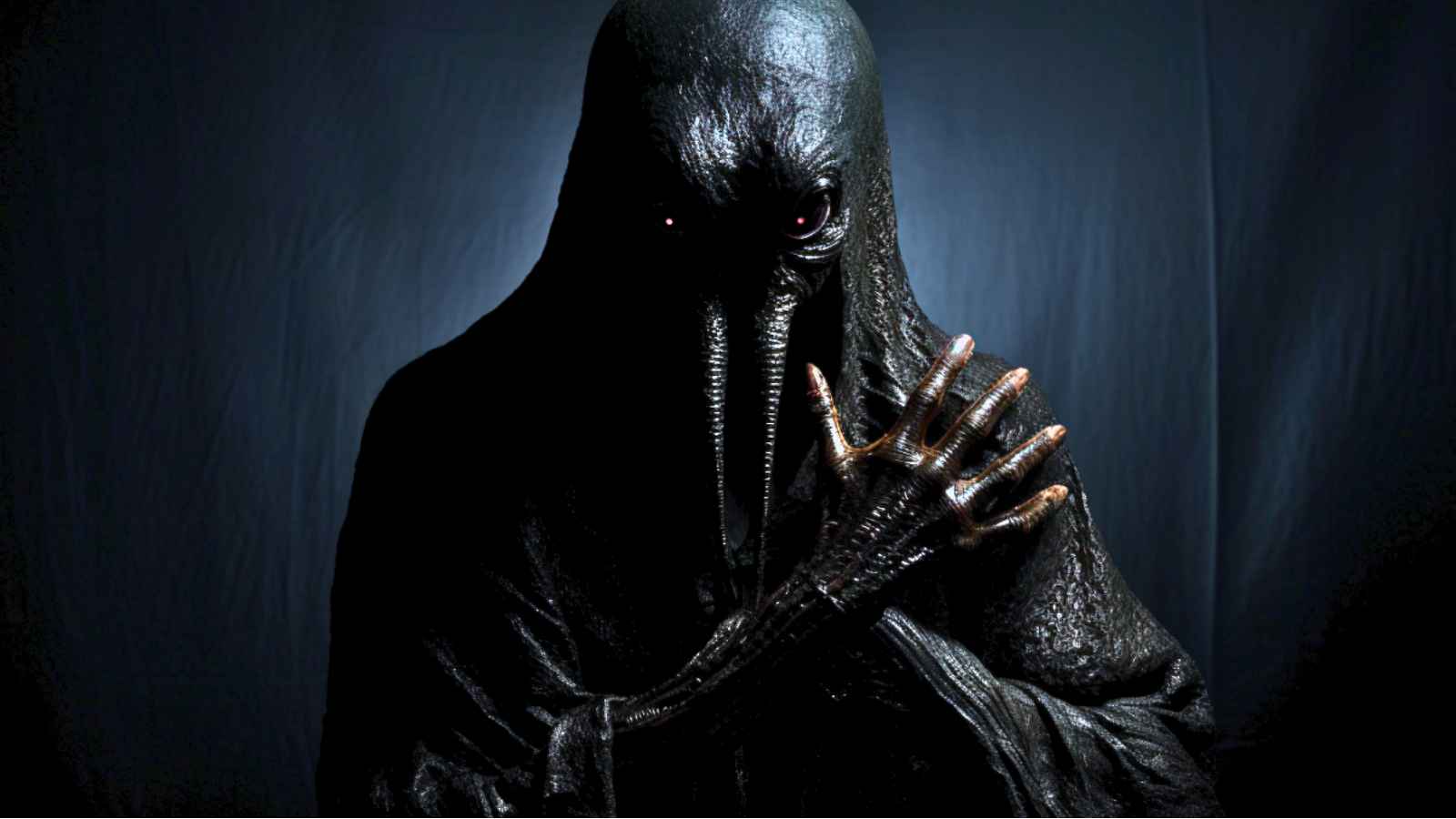
Nyarlathotep functions within Lovecraft's mythological system as a particularly sophisticated embodiment of what Jacques Lacan would recognize as the "Other"—that fundamental alterity that constitutes and threatens human subjectivity simultaneously.
Unlike the dormant Cthulhu, Nyarlathotep manifests as an active agent of revelation, systematically exposing human consciousness to truths that exceed its processing capacity. This figure represents Lovecraft's profound understanding that knowledge itself can constitute a form of violence—that there exist truths whose acquisition necessarily destroys the cognitive frameworks that make human existence psychologically sustainable.
Critical Insight: These mythological figures function as what Giorgio Agamben might term "anthropological machines"—narrative technologies that expose the constructed nature of human identity by confronting it with forms of radical alterity.
The enduring influence of these creations extends far beyond literature, inspiring new generations of authors, filmmakers, and cultural theorists to grapple with questions of cosmic significance, epistemological limitation, and the psychological sustainability of radical knowledge.
Philosophical Architecture: Themes and Stylistic Innovation
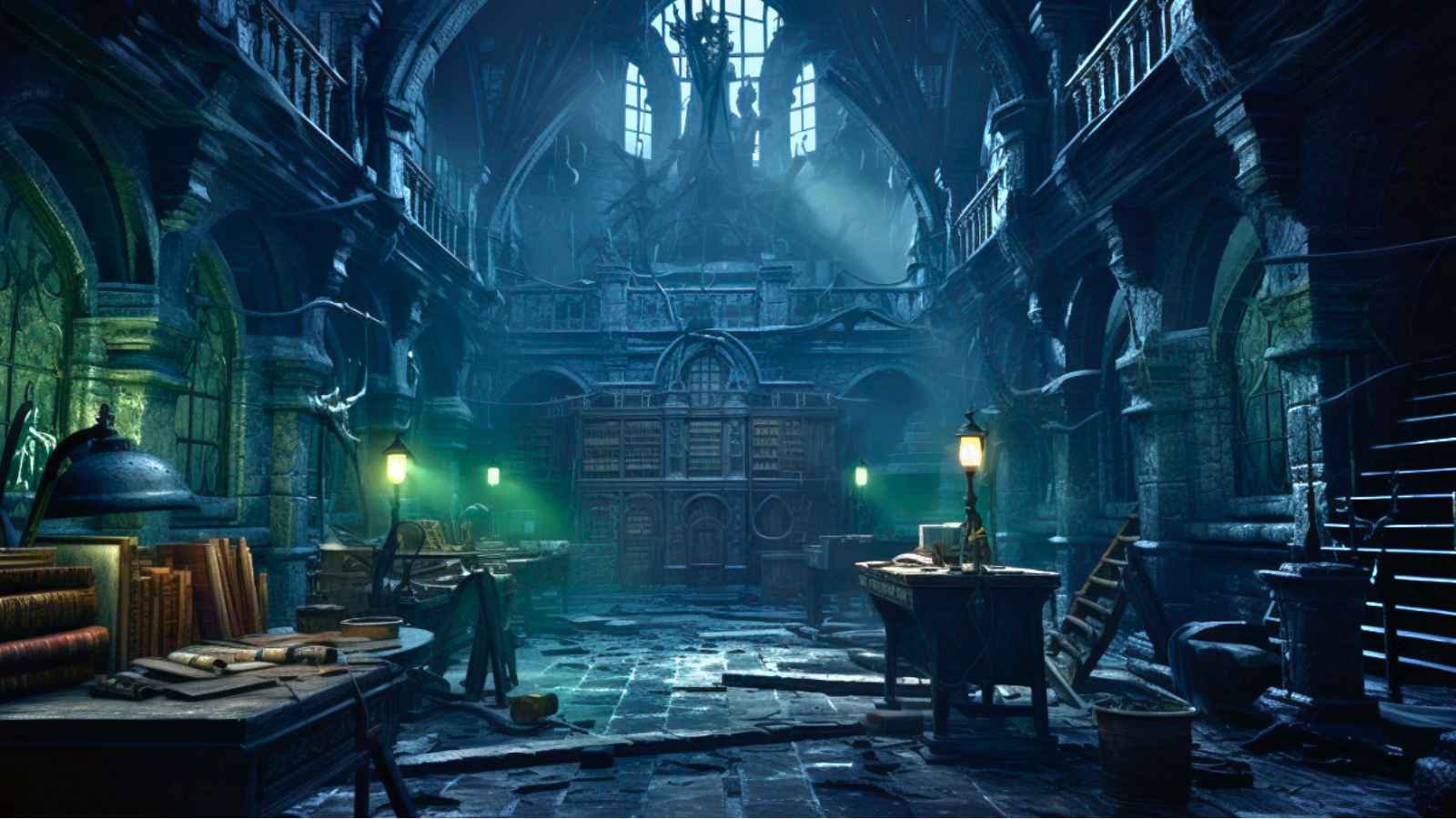
Cosmic Horror as Philosophical Method
H. P. Lovecraft's development of cosmic horror as a literary category represents a profound contribution to what we might call "speculative epistemology"—the systematic exploration of knowledge's limits and the psychological consequences of encountering those limits.
This innovative approach to horror transcends conventional Gothic strategies of fear generation by positing a universe whose fundamental structure renders human knowledge claims not merely incorrect, but conceptually inadequate. Lovecraft's cosmic horror operates through what we might term "ontological displacement"—the systematic revelation that human consciousness occupies a far more precarious position in cosmic reality than conventional thinking assumes.
This philosophical sophistication distinguishes Lovecraft's work from mere genre fiction, positioning it instead as a form of speculative thinking that anticipates contemporary discussions in fields ranging from cosmology to cognitive science to poststructural philosophy.
The Problem of Legacy: Critical Assessment and Ethical Considerations
Any serious scholarly engagement with Lovecraft's work must confront the complex tensions between his extraordinary literary innovations and his deeply problematic personal beliefs. Contemporary studies and biographies have extensively documented his racist ideologies, which manifested both in personal correspondence and, more troublingly, in certain aspects of his published work.
This contradiction presents what cultural theorists recognize as a paradigmatic case of what T.S. Eliot termed the "dissociation of sensibility"—the disjunction between aesthetic innovation and ethical development. Lovecraft's capacity to construct sophisticated frameworks for understanding cosmic reality coexisted with remarkably crude and harmful attitudes toward human diversity.
Contemporary Scholarship: Current academic discourse increasingly focuses on developing reading strategies that acknowledge these contradictions without either dismissing Lovecraft's literary contributions or minimizing the harm caused by his racist ideologies.
These ethical complexities have generated productive scholarly debates about how to engage responsibly with aesthetically significant works produced by ethically compromised authors. Such discussions contribute to broader cultural conversations about the relationship between artistic value and moral responsibility in literary evaluation.
The Literary Canon: Major Works as Philosophical Experiments
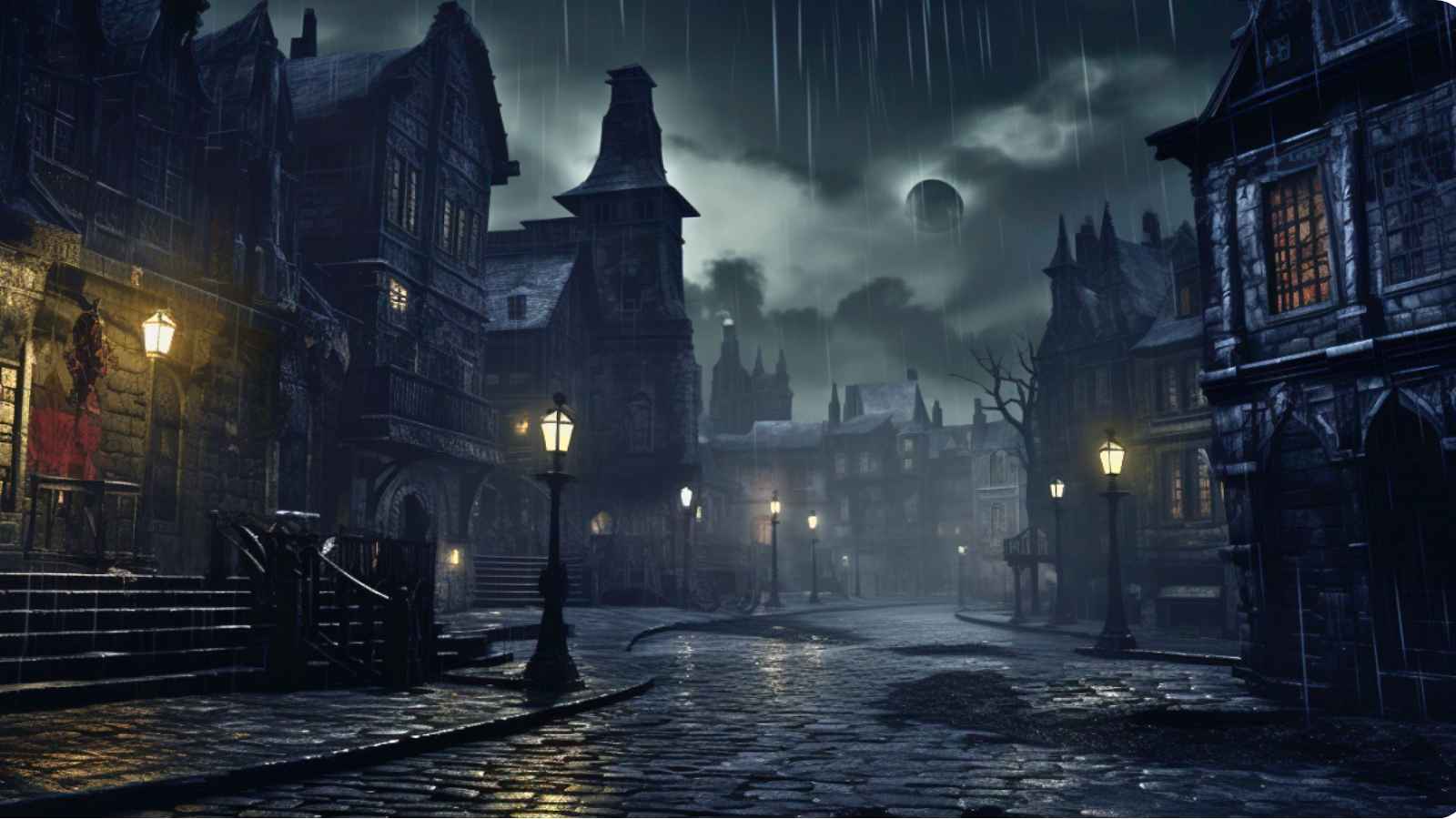
The Call of Cthulhu: Epistemological Archaeology
"The Call of Cthulhu," published in 1928, functions as more than a horror story—it constitutes a sophisticated meditation on the relationship between knowledge and psychological sustainability. The novella's innovative structure, which presents evidence through multiple narrative layers, mirrors the archaeological methodology that the protagonist employs to uncover cosmic truth.
This work introduced the broader Cthulhu Mythos while establishing formal precedents that would influence not only horror and science fiction literature, but also fields ranging from anthropological theory to cognitive psychology. The story's exploration of how forbidden knowledge might literally reshape consciousness anticipates contemporary discussions in neuroscience and philosophy of mind.
At the Mountains of Madness: Geological Sublime
This remarkable novella transforms the Antarctic landscape into what Edmund Burke would recognize as a "sublime" space—a geographical territory where human consciousness encounters its own cognitive limitations. The work's detailed engagement with geological and paleontological science demonstrates Lovecraft's sophisticated understanding of how scientific knowledge might paradoxically undermine rather than strengthen human confidence in cosmic comprehensibility.
The story's treatment of pre-human civilizations functions as a thought experiment in what we might call "temporal vertigo"—the disorienting recognition that human history constitutes merely a recent and insignificant episode in planetary development.
The Shadow Over Innsmouth: Anthropological Horror
This masterpiece of xenophobic terror explores the psychological dynamics of cultural encounter through the lens of what contemporary anthropologists would recognize as "cultural contact" scenarios. The fictional town of Innsmouth serves as a laboratory for examining how cultural boundaries might be negotiated, violated, and ultimately dissolved.
The story's treatment of the Deep Ones reveals Lovecraft's sophisticated understanding of how evolutionary thinking might challenge conventional assumptions about human distinctiveness and cultural superiority.
The Colour Out of Space: Environmental Alienation
This story anticipates contemporary environmental discourse by exploring how alien influences might fundamentally alter terrestrial ecosystems. The mysterious "colour" that devastates the Gardner farm functions as a sophisticated symbol for environmental contamination that operates beyond conventional categories of scientific understanding.
The work's exploration of environmental degradation as cosmic horror prefigures contemporary discussions about climate change, species extinction, and ecological collapse as forms of slow-motion apocalypse.
The Case of Charles Dexter Ward: Historical Consciousness and Temporal Horror
Set in Lovecraft's beloved Providence, this novella explores how historical knowledge might become a form of temporal contamination. The protagonist's obsessive research into his ancestor's occult practices serves as a metaphor for how scholarly inquiry itself might constitute a form of dangerous exposure to alien temporalities.
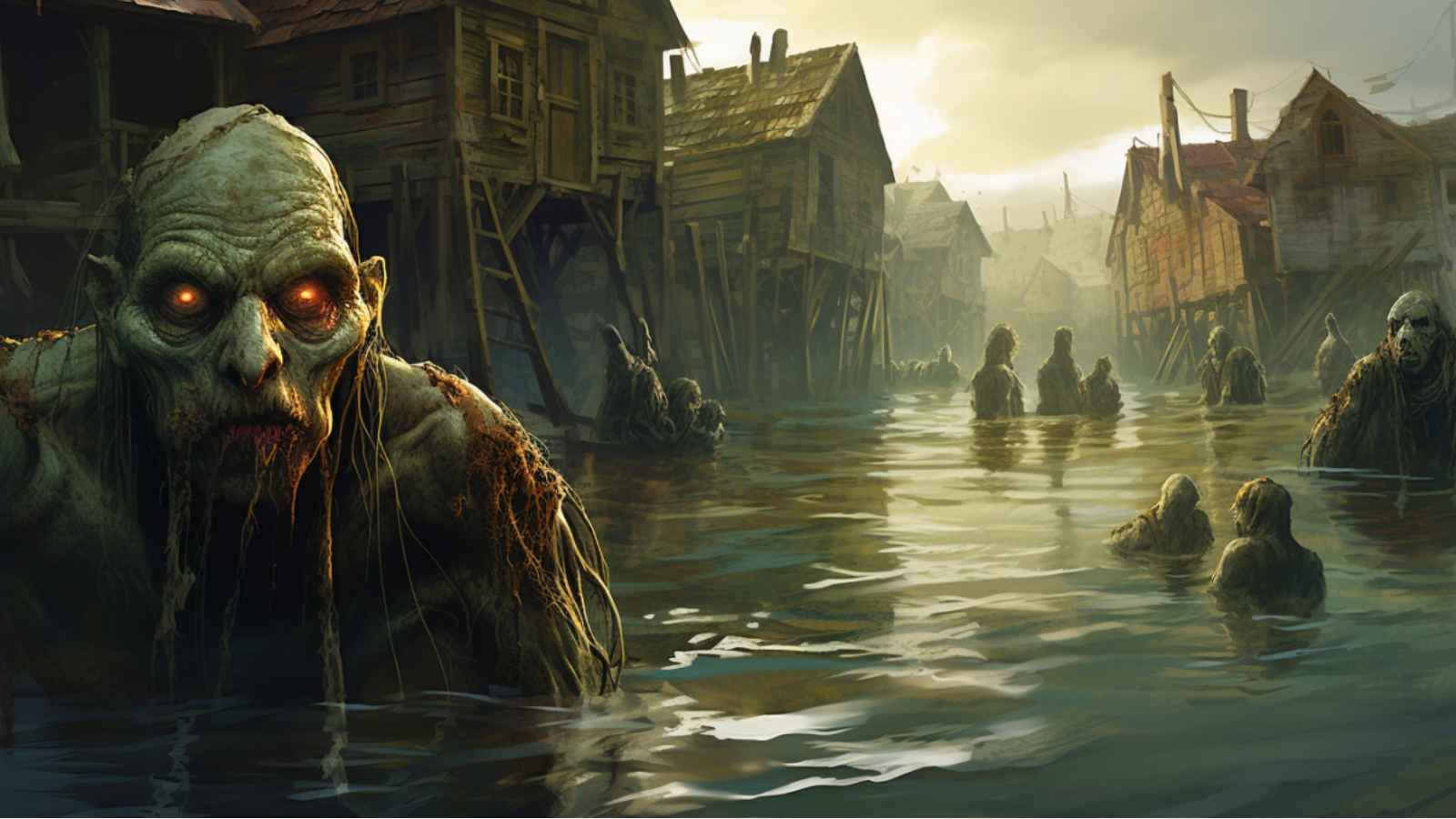
The Shadow Out of Time: Consciousness and Temporal Displacement
This remarkable work functions as a sophisticated thought experiment in what contemporary philosophers would recognize as "personal identity" theory. The story's exploration of consciousness exchange across vast temporal periods interrogates fundamental assumptions about psychological continuity and the boundaries of human identity.
The Great Race of Yith serves as a vehicle for exploring how knowledge acquisition might paradoxically threaten the stability of the knowing subject—a theme that resonates with contemporary discussions in cognitive science and philosophy of mind.
The Dunwich Horror: Rural Gothic and Cosmic Genealogy
This story transforms rural Massachusetts into a space of cosmic encounter, where traditional Gothic elements—witchcraft, occult practices, rural isolation—serve as vehicles for exploring genuinely cosmic themes. The monstrous offspring of human and alien union functions as a powerful symbol for how evolutionary thinking might challenge conventional assumptions about human distinctiveness.
Each of these works contributes to what we might call Lovecraft's "philosophical fiction"—narrative experiments that deploy literary techniques to explore fundamental questions about knowledge, reality, and human consciousness that conventional academic discourse was only beginning to formulate.
Intellectual Legacy and Contemporary Relevance
Critical Assessments
🌌 Cosmological Innovation: Lovecraft's fictional cosmology anticipates contemporary discussions in fields ranging from astrobiology to multiverse theory, providing literary frameworks for thinking about humanity's position in an indifferent universe.
📚 Literary Technique: His innovative narrative structures—particularly the use of multiple documentary sources and unreliable narration—have influenced genres ranging from horror to literary fiction to experimental writing.
🧠 Psychological Insight: Lovecraft's exploration of how knowledge acquisition might threaten psychological stability prefigures contemporary discussions in trauma theory, cognitive psychology, and philosophy of mind.
🌍 Environmental Prescience: His treatment of cosmic contamination and environmental alienation anticipates contemporary ecological discourse about climate change and species extinction.
⚡ Cultural Impact: The Cthulhu Mythos has transcended literature to influence fields ranging from game design to popular culture to academic theory, demonstrating the power of speculative fiction to shape cultural imagination.
🔬 Scientific Engagement: Lovecraft's sophisticated engagement with contemporary scientific developments demonstrates how literary art might serve as a vehicle for exploring the philosophical implications of scientific discovery.

Thus concludes our scholarly excavation of Howard Phillips Lovecraft's extraordinary literary archaeology—a body of work that continues to generate new insights into the relationship between knowledge, consciousness, and cosmic reality. His intellectual machinery remains as relevant today as it was during his productive years, offering contemporary readers sophisticated frameworks for thinking about humanity's position in an increasingly complex and often incomprehensible universe.
Scholarly Inquiries: A Critical FAQ
What distinguishes Lovecraft's contribution to American literature?
Howard Phillips Lovecraft represents a unique synthesis of Gothic literary tradition, emerging scientific paradigms, and philosophical speculation. His work transcends conventional genre boundaries to explore fundamental questions about knowledge, consciousness, and humanity's position in cosmic reality. His innovations in narrative structure and thematic development continue to influence contemporary literature, philosophy, and cultural theory.
How should contemporary scholars approach the Cthulhu Mythos?
The Cthulhu Mythos functions as a sophisticated thought experiment in speculative epistemology—a fictional framework for exploring the limits of human knowledge and the psychological consequences of encountering those limits. Rather than mere horror entertainment, these works constitute philosophical fiction that deploys literary techniques to examine questions about reality, consciousness, and cosmic significance that conventional academic discourse was only beginning to articulate.
What constitutes "cosmic horror" as a literary category?
Cosmic horror represents Lovecraft's most significant theoretical contribution to literary aesthetics. Unlike traditional Gothic horror, which focuses on human-scaled threats, cosmic horror posits a universe fundamentally indifferent to human concerns—a cosmos so vast and alien that human consciousness, when confronted with its true nature, faces inevitable psychological dissolution. This approach transforms horror from entertainment into philosophical inquiry.
How do contemporary scholars address Lovecraft's racist ideologies?
Current academic discourse increasingly focuses on developing reading strategies that acknowledge the contradiction between Lovecraft's aesthetic innovations and his deeply problematic personal beliefs. This approach neither dismisses his literary contributions nor minimizes the harm caused by his racist ideologies, but rather uses this contradiction as a productive site for examining broader questions about the relationship between artistic value and ethical responsibility in cultural evaluation.
Where can scholars access Lovecraft's complete works?
Lovecraft's works are widely available through academic databases, critical editions, and digital repositories. For serious scholarly engagement, consult annotated editions that provide historical context and critical commentary. Many university libraries maintain comprehensive collections that include both primary texts and secondary scholarship essential for understanding his cultural significance and ongoing influence.
Final Scholarly Observation: Lovecraft's literary achievement resides not merely in his capacity to frighten readers, but in his ability to construct narrative technologies that make visible the philosophical implications of scientific materialism, evolutionary theory, and cosmic scale thinking. His work continues to provide productive frameworks for contemporary discussions about knowledge, consciousness, and human significance in an increasingly complex universe.









